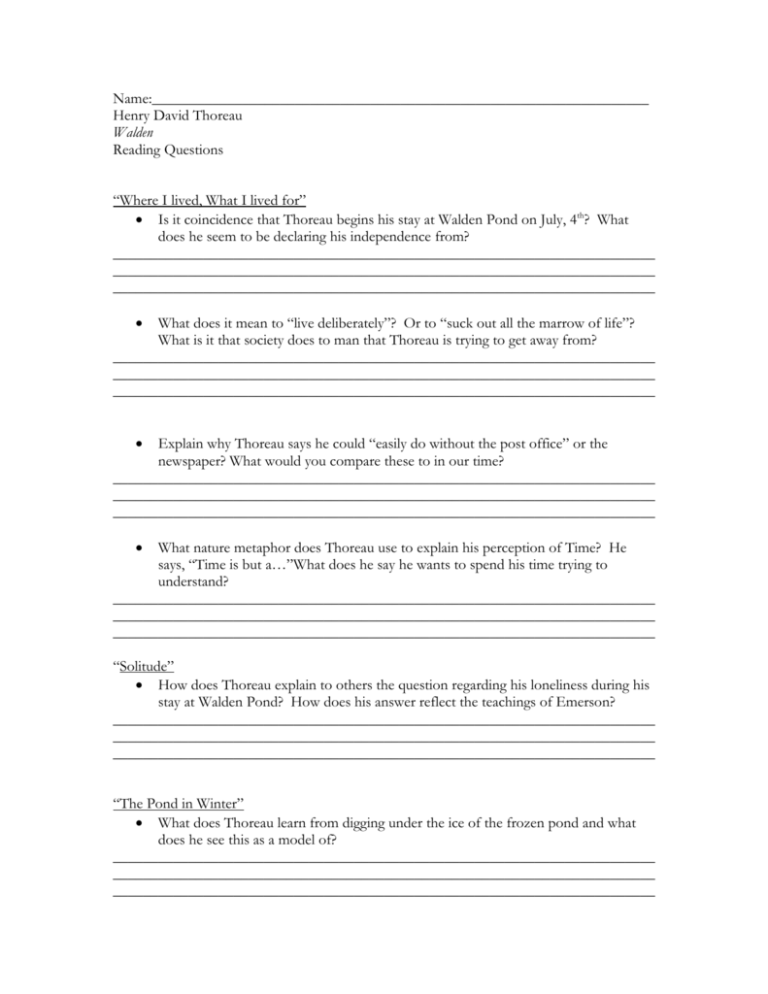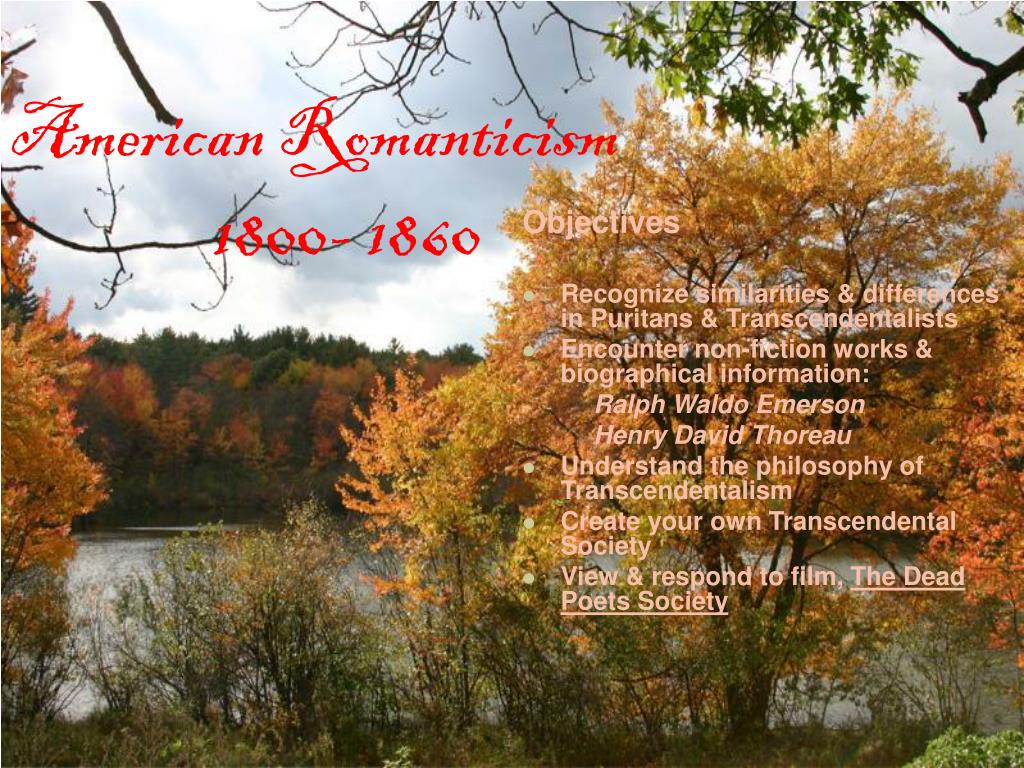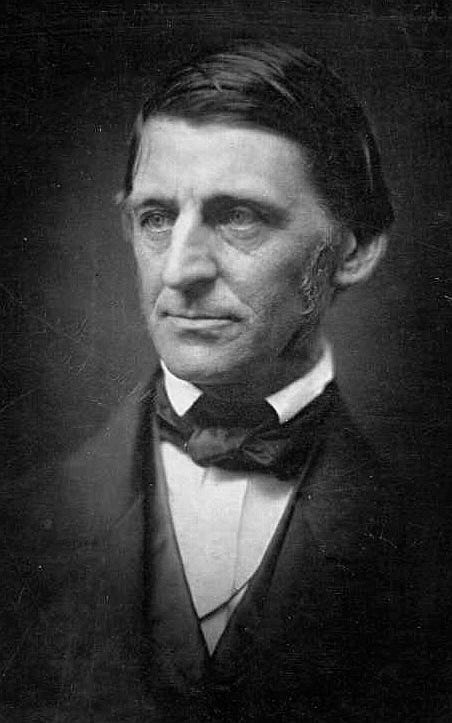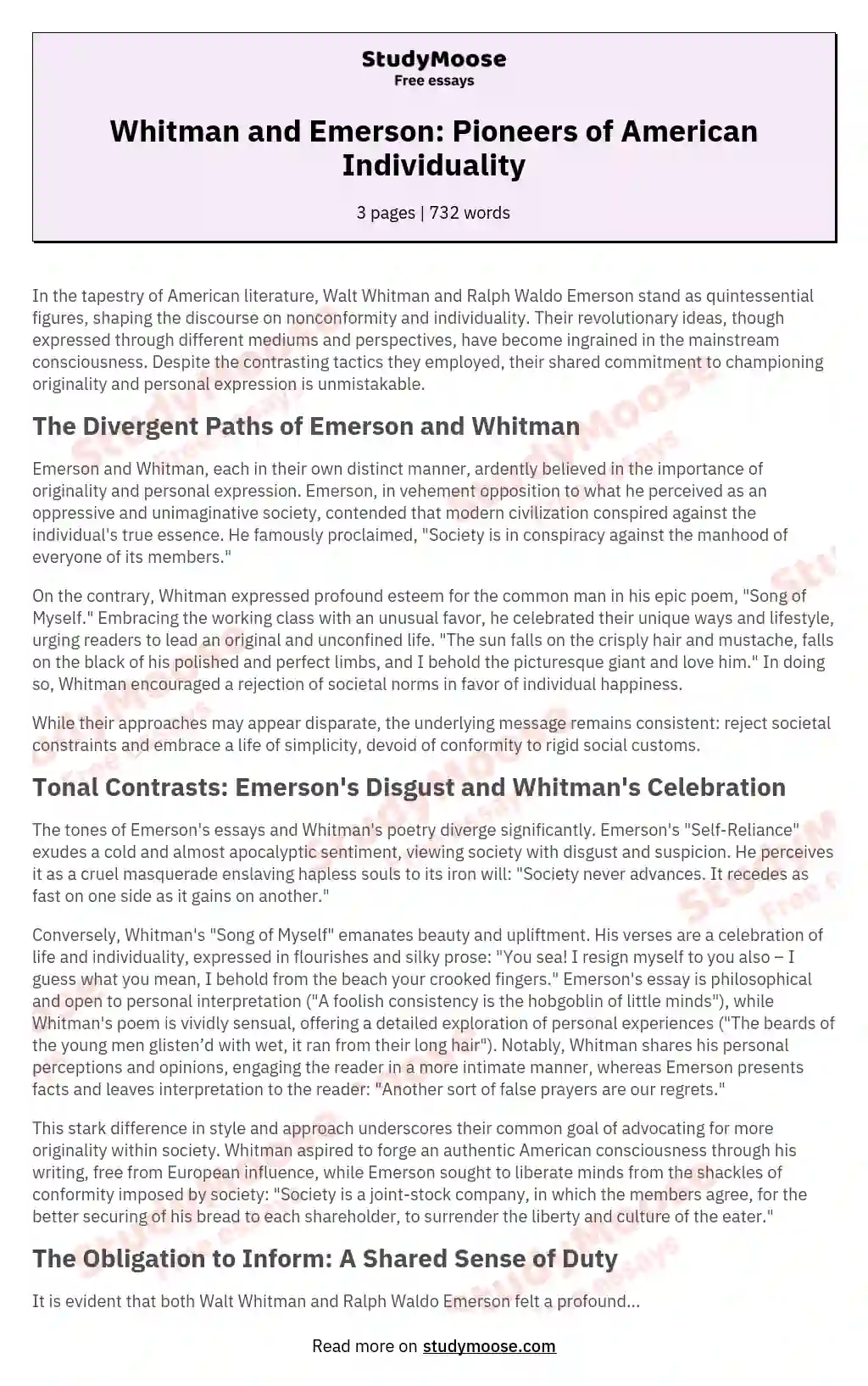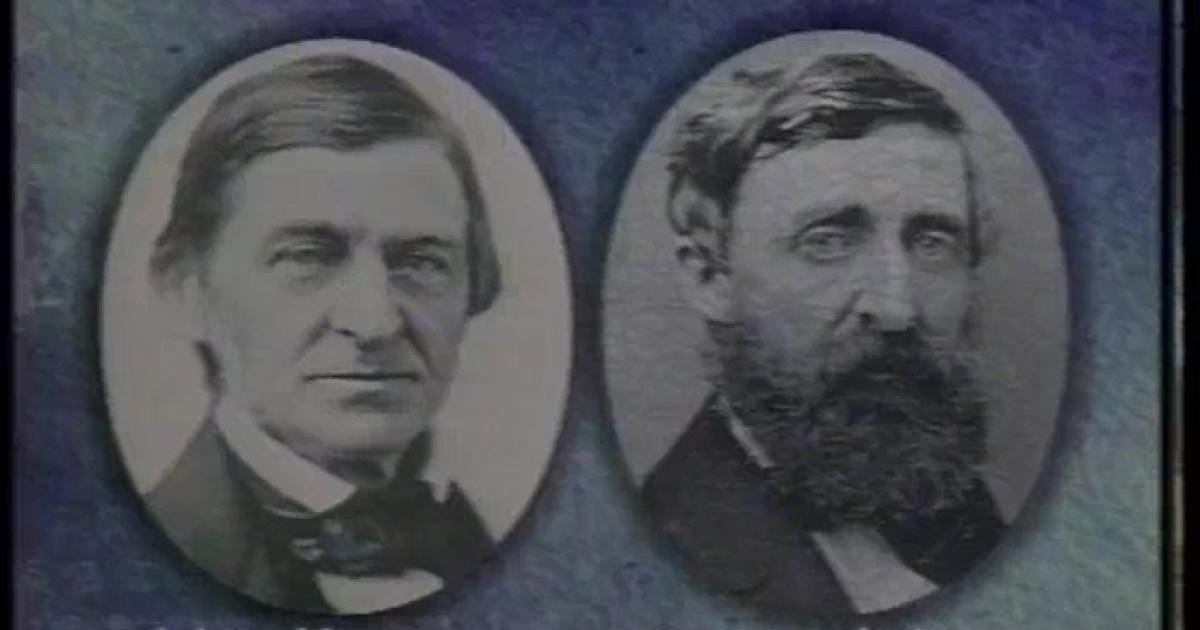Ralph Waldo Emerson and Henry David Thoreau were both influential figures in the American transcendentalist movement of the early 19th century. Both men were writers, philosophers, and advocates for individualism, self-reliance, and the value of nature and solitude. In this essay, we will explore some of the similarities between these two figures and how their ideas continue to influence modern thought.
One of the most significant similarities between Emerson and Thoreau is their belief in the importance of individualism and self-reliance. Both men believed that individuals should be free to think and act for themselves, rather than being bound by the expectations and conventions of society. Emerson famously wrote in his essay "Self-Reliance," "Whoso would be a man must be a nonconformist." This emphasis on nonconformity and independence is a key theme in Thoreau's work as well, particularly in his book "Walden," in which he advocates for a simple and self-sufficient lifestyle.
Both Emerson and Thoreau also believed in the value of nature and the importance of living in harmony with the natural world. In his essay "Nature," Emerson writes that nature is "the symbol of the spirit," and that by exploring and experiencing nature, we can gain a deeper understanding of ourselves and the world around us. Thoreau, who spent much of his life in the woods of Concord, Massachusetts, also believed in the transformative power of nature and the importance of living a simple and natural life. In "Walden," he writes, "I went to the woods because I wished to live deliberately, to front only the essential facts of life, and see if I could not learn what it had to teach, and not, when I came to die, discover that I had not lived."
Another key similarity between Emerson and Thoreau is their belief in the importance of solitude and reflection. Both men believed that spending time alone, away from the distractions and demands of society, was essential for personal growth and self-discovery. In "Self-Reliance," Emerson writes that "the eye was placed where one ray should fall, that it might testify of that particular ray." This idea of focusing on a single point or task in order to gain a deeper understanding is also evident in Thoreau's writing, particularly in "Walden," where he emphasizes the importance of solitude and contemplation in finding one's true self.
In conclusion, Ralph Waldo Emerson and Henry David Thoreau shared many similarities in their beliefs about individualism, self-reliance, nature, and solitude. These ideas continue to be influential in modern thought and have inspired countless people to live more authentic and fulfilling lives.
